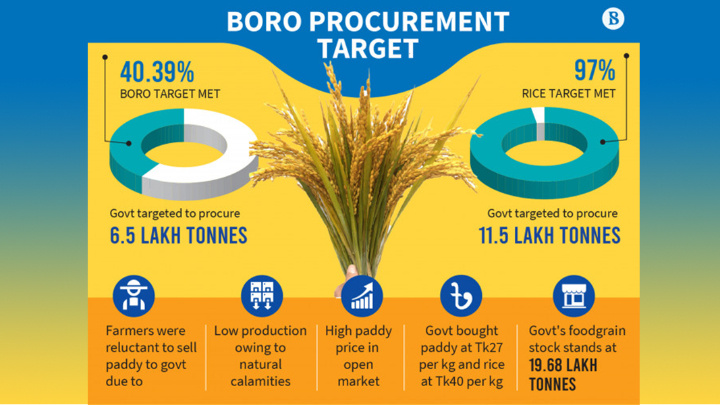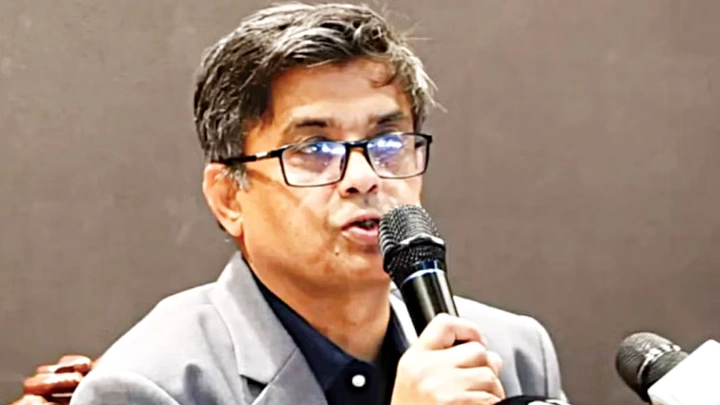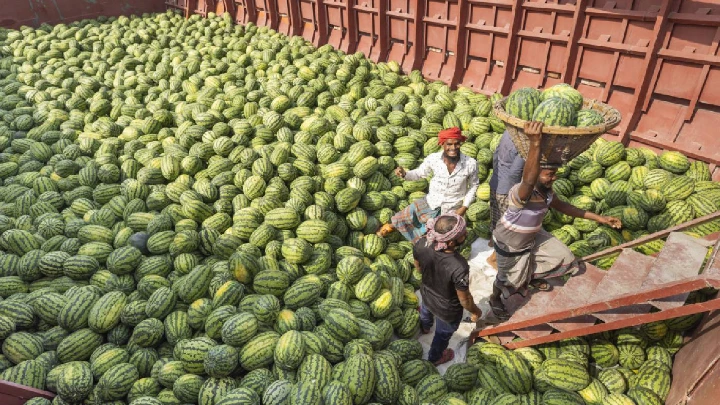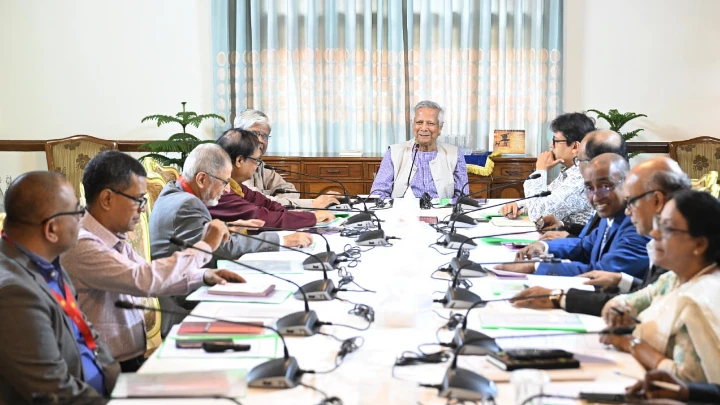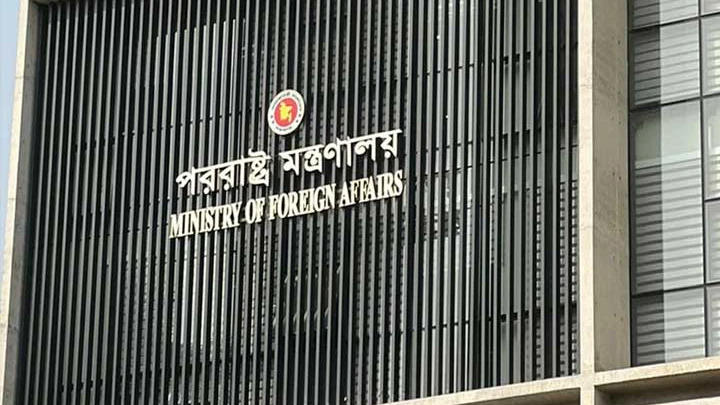Govt meets rice procurement target, lags behind in boro paddy collection
Shining BD Desk || Shining BD
While the government has achieved 97% of the rice collection target, it could not meet even half the paddy procurement target, which stands at only 40.39% as farmers sold less paddy to the government due to such issues as low production and high prices in local market.
According to data from the food ministry, the government procured 2.62 lakh tonnes of paddy against the target of 6.50 lakh tonnes during the last Boro collection season – 59.61% less than the target.
Conversations with farmers of different districts and the officials of the food department have revealed that the government bought paddy for Tk1,080 per maund from all over the country during the Boro season. But before the government's procurement process began, prices in the open market rose close to that and became higher shortly after. As a result, the farmers did not show much interest in selling paddy to the government. In addition, due to the production damage caused by natural disasters in some regions, paddy collection was low.
However, most of the millers sold rice to the government as it was binding in their contract. Otherwise, their licenses would have been suspended and the security deposit confiscated. That is why the collection of rice has been good even though the collection of paddy lagged behind.
The government is not that worried about the low paddy procurement as it has solid food grain reserves, sources said.
Md Shakhawat Hossain, director general of food, told The Business Standard, "The main goal of paddy collection is that farmers get good prices, which they did. Our stock is also good in the last few years as the rice procurement has been good."
Food Minister Sadhan Chandra Majumdar recently said that farmers have got a good price for paddy this time. The main objective of buying paddy is to create a competitive market so that farmers can sell the paddy at a fair price.
Altogether 11.16 lakh tonnes of rice were procured against a target of 11.50 lakh tonnes of parboiled and atap rice.
The procurement started on 28 April and ended on 31 August. This time, the government bought boro paddy at Tk27 per kg, parboiled rice at Tk40 per kg, and atap rice at Tk 39 per kg.
Currently, the government has a total stock of 19.68 lakh tonnes of food grains, including 18.28 lakh tonnes of rice and 1.40 lakh tonnes of wheat.
According to the Bogura Food Controller's office, farmers were less interested in selling paddy because the price of paddy in the open market was higher than the government-fixed price.
In Bogura, 53,493 tonnes of parboiled rice have been collected against the target of 61,735 tonnes from the district's 12 Upazilas. However, only 7,631 tonnes of paddy have been collected against the target of 25,341 thousand tonnes.
Bogura food controller Mohammad Ashrafuzzaman said, "Due to natural calamities, some paddy has been destroyed in the region. Therefore, the farmers could not deliver the paddy to the warehouse."
In Naogaon, the northern district known as a granary, production was severely damaged by storms and floods during the last Boro season. As a result, the price of paddy in the market increased and paddy was sold in the open market at a price higher than the price set by the government.
Only 4% of the target has been achieved in this district. No paddy could be collected from 4 upazilas out of 11 upazilas of this district.
Rezaul Islam, a farmer of Komarpur village of Badalgachi upazila, and Jamal Hossain, a farmer of Moharpur village of Mahadevpur upazila, said that during the last Irri-Boro season, the crops suffered a lot due to natural calamities. As the production of paddy was low, the market was also high. At the beginning of the season, the price of paddy was Tk1100-1200. Then after 15-20 days it was sold for Tk1300-1450. Now the price of old Katari and Miniket ranges from Tk1500-1600 per maund while the price of Parija is Tk1100 per maund.
Naogaon District Food Controller Alamgir Kabir said, "Initially the price of paddy in the local market was low but later it increased. Some farmers sold rice to the government warehouses when the market price of paddy was low. As the price of paddy in the local market was high, the collection campaign could not be successful. Farmers have sold paddy at higher prices in the local market."
Conditions were similar in Jashore, Brahmanbaria and Netrokona.
Farmers have said that if the moisture content of the rice is more than a certain level, the government does not take the rice.
On the other hand, after the sale of paddy, money is paid through farmers' accounts. Many farmers do not sell paddy to the government in order to stay away from bank-related problems as they are more comfortable with cash transactions.
Netrokona district Food Controller Mizanur Rahman said, "Paddy needs to be dry and have a certain moisture level. But because of the floods, the local farmers' paddy was not of good quality. Most of the paddy had turned black. For the same reason, even the farmers here did not bring their paddy to the warehouse."
In Boro season 2021, the government had a target of procuring 10 lakh tonne parboiled rice and 1 lakh tonne sun-dried rice of which about 10.60 lakh tonne Boro parboiled rice and 85,503 tonne sun-dried rice were procured. On the other hand, the paddy collection was 3.62 lakh tonne against the target of 6.5 lakh tonne.
Source - TBS
Shining BD

